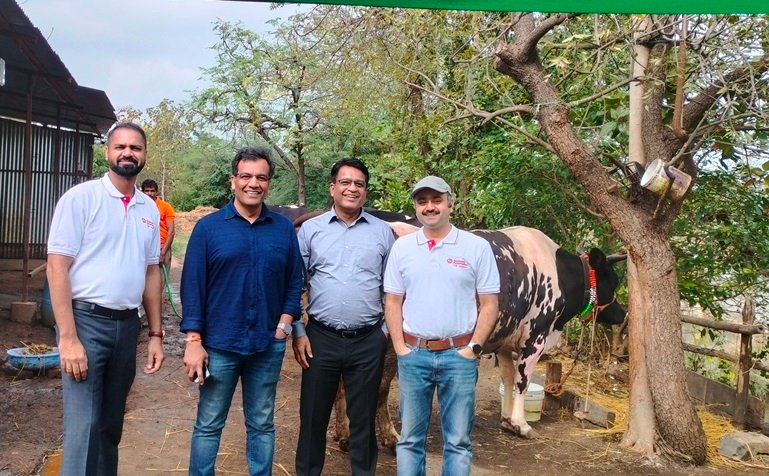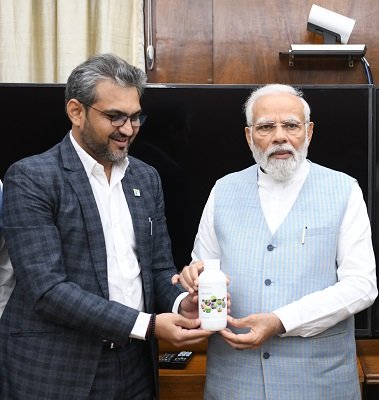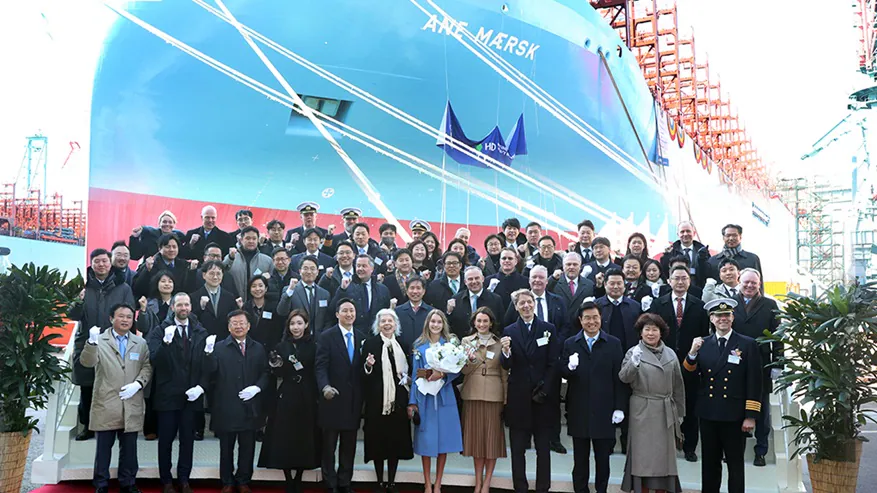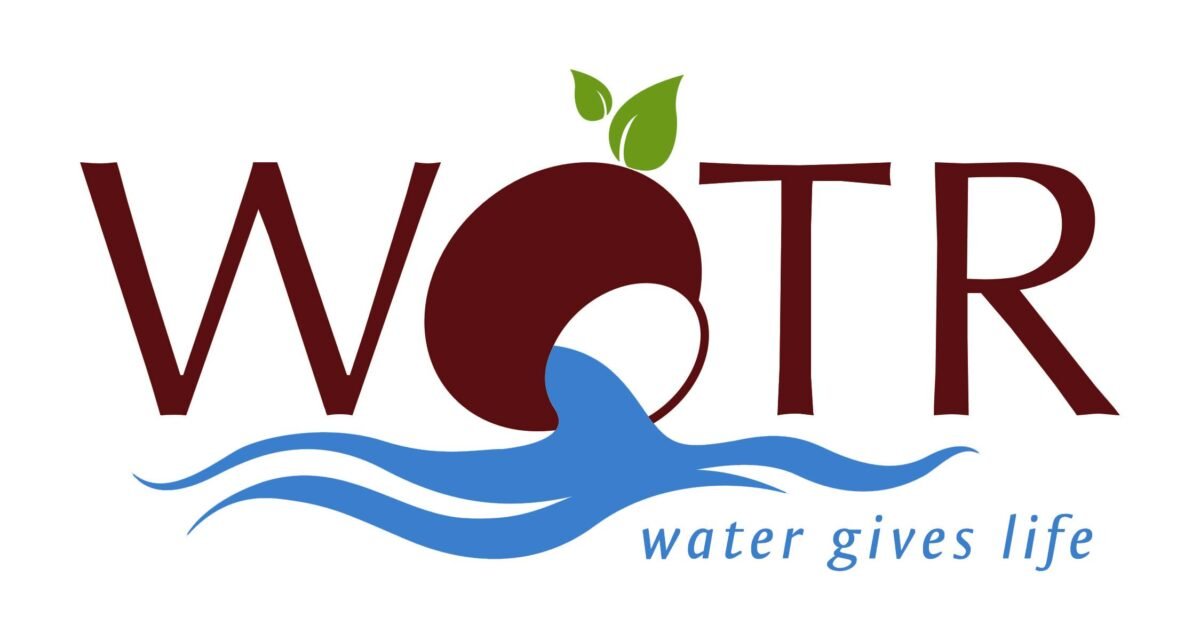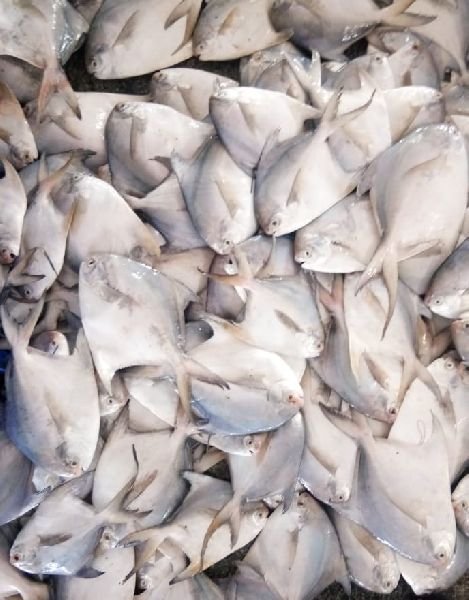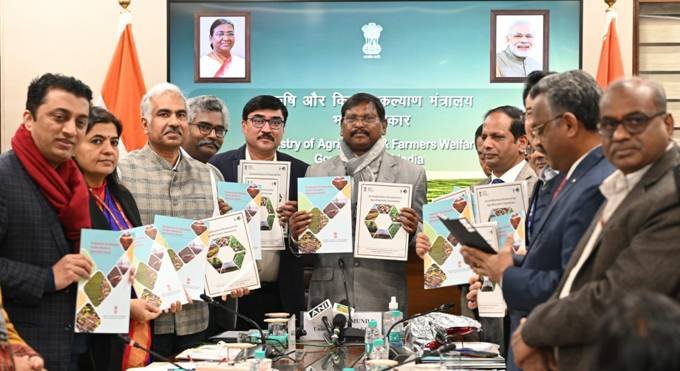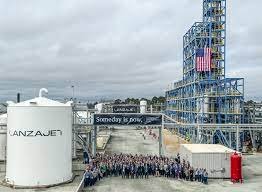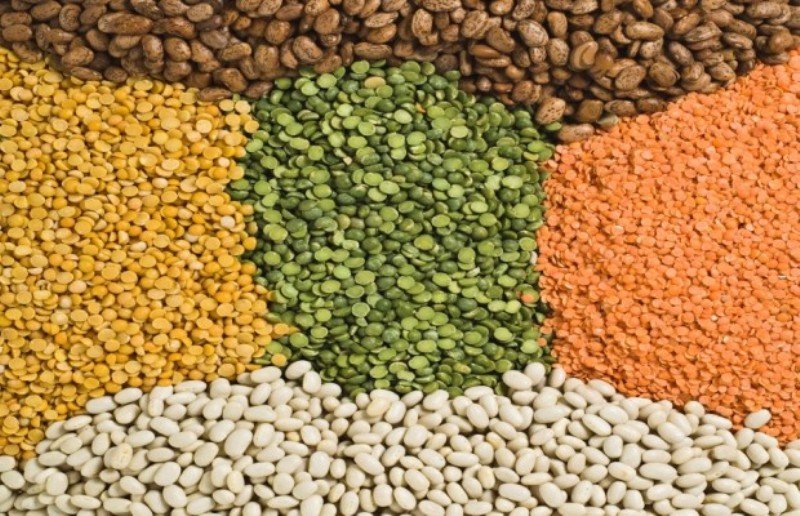Rockwell Automation, SAP India Foundation partners to modernise dairy farming in Maharashtra
The initiative provides a suite of services to dairy farmers, including supplying IoT enabled collar devices for tracking vital health parameters of dairy animals.
Rockwell Automation, the world’s largest company focused on industrial automation and digital transformation, is helping to modernise farming practices in rural India in partnership with ISAP India Foundation.
The initiative, titled “Economic and Social Development of Indian Village Through Technology-Enabled Dairy Farming,” aims to help modernise dairy farming practices in the water-scarce region of Antargaon (near Nagpur) in Wardha District, Maharashtra. This also involved collaboration with a technology implementation partner – eVerse.AI, to implement this corporate social responsibility (CSR) project.
The on-ground implementation utilises cutting-edge digital technologies and scientific veterinary practices to improve livestock development. The interventions of this project undertaken over the last six to seven months, beginning in May 2023, has already yielded promising results. The initiative provides a suite of services to dairy farmers, including supplying IoT (Internet of Things) enabled collar devices for tracking vital health parameters of dairy animals, providing mobile phone-based alerts and advice to farmers from veterinary experts, use of muzzle-based biometric identification system to provide digital identity to animals along with 12-digit Pashu Aadhar, use of eVerse.
AI’s newly launched CowGPT platform to provide accurate insights and advisory to dairy farmers about animal health, ration balancing advisory services, fodder development activities, supply of quality animal feed, village level animal health services, dairy farming extension programs (training, demos, expert visits), market integration activities for milk sale and the creation of additional revenue sources for families of dairy farmers utilizing animal waste products.
Speaking about the project, Dilip Sawhney, Managing Director, Rockwell Automation India, said: “We are thrilled that our CSR project at Antargaon, Maharashtra, is already showing early signs of success and providing tangible benefits to local farmers, and augmenting their incomes. Rockwell Automation is committed to give back to the communities where we operate by engaging in tech-led initiatives to create impact at a societal level. We are confident that this project will continue to help the people of Antargaon to benefit from the technology-enabled scientific management of the health and reproductive cycles of their farm animals. Projects like this will eventually lead to improved incomes and better quality of life in rural communities throughout India.”
The decentralised structure of dairy farming in India and limited awareness about scientific veterinary practices among rural farmers contributes to these issues. By partnering with ISAP India Foundation, Rockwell Automation aims to improve livelihoods of dairy farmers in one of the most water-scarce areas of the country, by using innovative products and services that leverage cutting-edge digital technologies for livestock development through scientifically proven veterinary practices.
The initiative provides a suite of services

